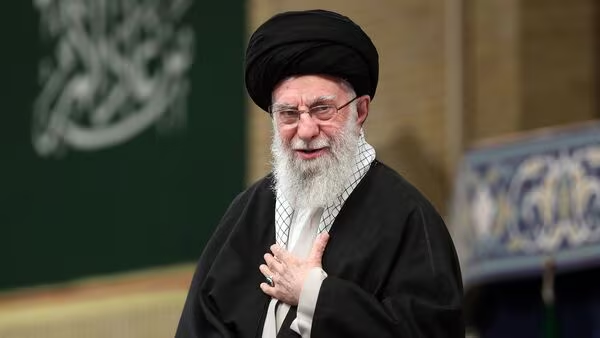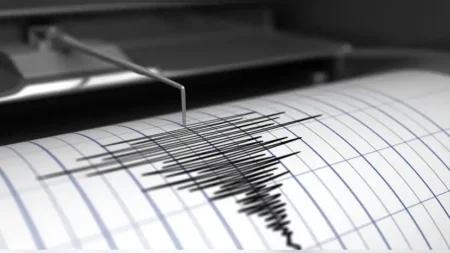Israel has officially admitted a sharp drop in the success rate of its most trusted defense shield, the Iron Dome. Once known for its 90% interception rate, it now blocks only 65% of incoming threats. This drop is more than just a military weakness. It marks a major blow to the image of an unshakable Israel in the Middle East.
The Iron Dome is a mobile air defense system designed to stop short-range rockets, artillery shells, and drones. It is one of Israel’s key military tools. Since its first operational use in 2011, it has drawn praise for intercepting rockets launched by groups like Hamas and Hezbollah. The system has been tested in many real wars, earning the label “combat-proven.”
For years, Israel used its advanced weapons to maintain dominance in the region. Its strong defense systems created fear across the Arab world. So much so that Turkey once said it would build its own version called the Steel Dome. Even the U.S., under President Donald Trump, discussed a “Golden Dome” system.
But these efforts were based on stopping small-scale attacks. The recent Iranian missile strikes have exposed the system’s limits. Iran’s use of modern missiles and drones proved too much for the Iron Dome. Important sites in Tel Aviv and other areas were hit. Among the damaged targets were stock exchanges, oil refineries, and intelligence headquarters.
For Israel, this was a major shock. While Iran also faced losses, they were expected. Iran has weaker defenses but is more prepared for war. It has planned for damage and has the economic tools to recover, especially through trade with China.
Israel, on the other hand, was caught off guard. The losses were not only physical but also symbolic. They shattered Israel’s long-standing belief in its unbeatable shield. This attack forced citizens to evacuate and seek safety, a rare scene for a country seen as highly secure.
This shift has changed the narrative in the region. Israel’s power once relied on the idea that it was untouchable. Now, that image has cracks. Iran’s biggest success in this battle was not just military. It changed how people view the power balance in the Middle East. It proved that Israel is not invincible.
This message is perhaps more powerful than any weapon. It challenges the fear-based authority Israel once held. Now, that dominance faces serious questions. The attack showed that even top technology can fail when faced with new threats. It also revealed how the balance of power is starting to shift.
Military experts say the decline in Iron Dome performance could have long-term effects. Other countries may now see a chance to push back against Israeli influence. It could also lead Israel to rethink its strategies and invest in newer technologies.
What’s clear is that the battlefield has changed. And so has the story. Iran’s strike has sent a clear message to the region and the world: even strong shields can break.







